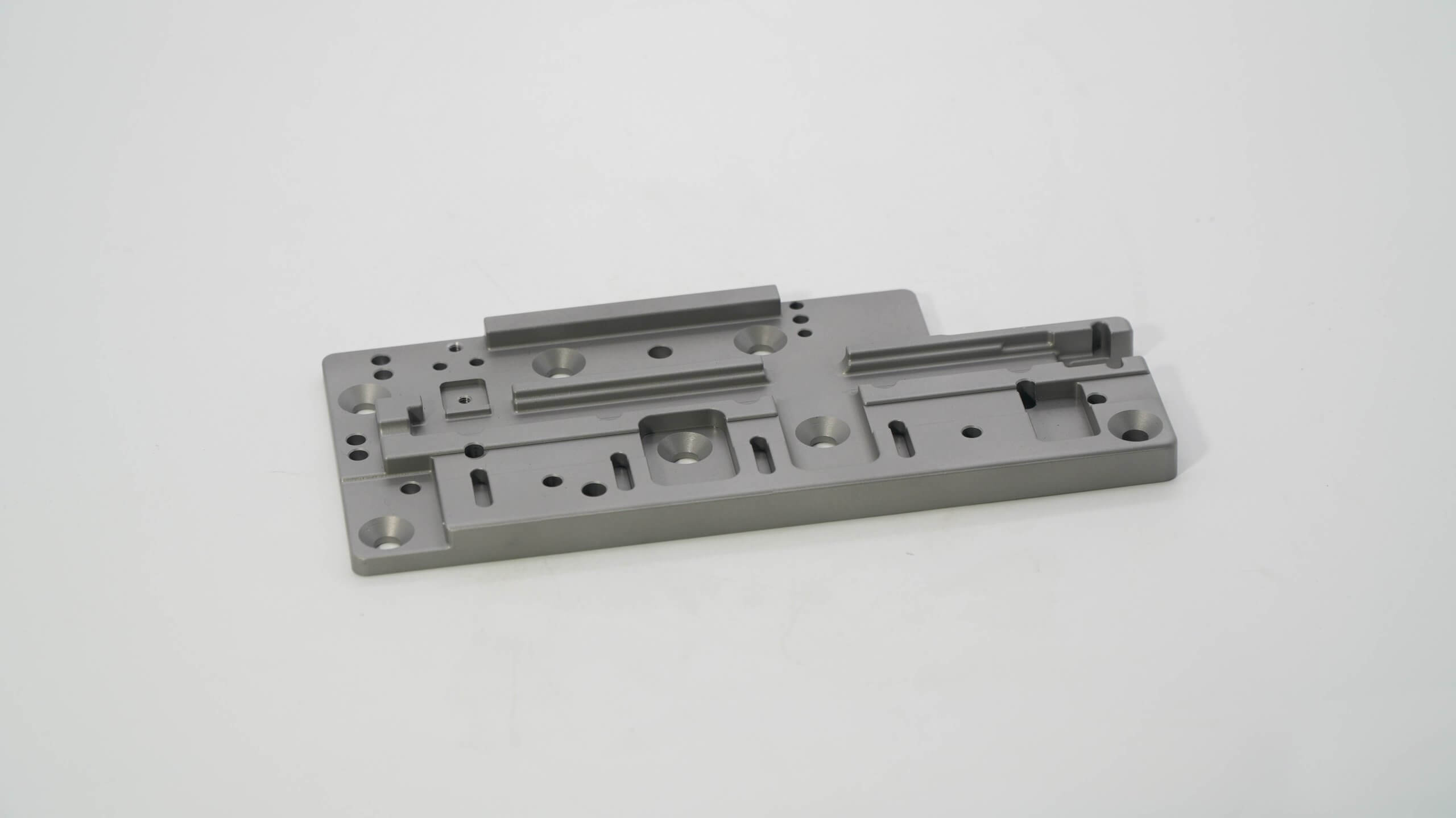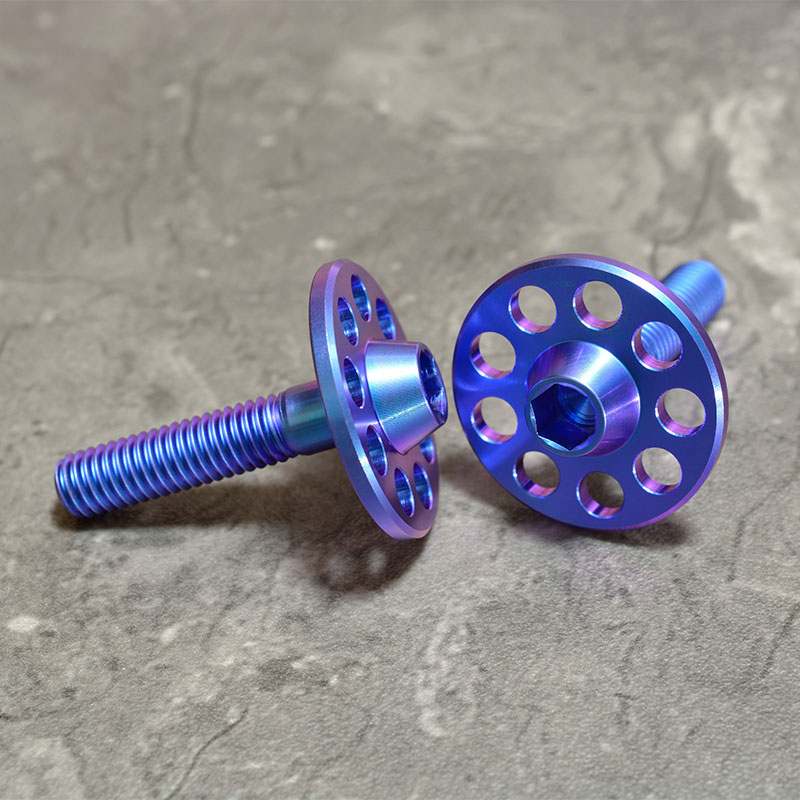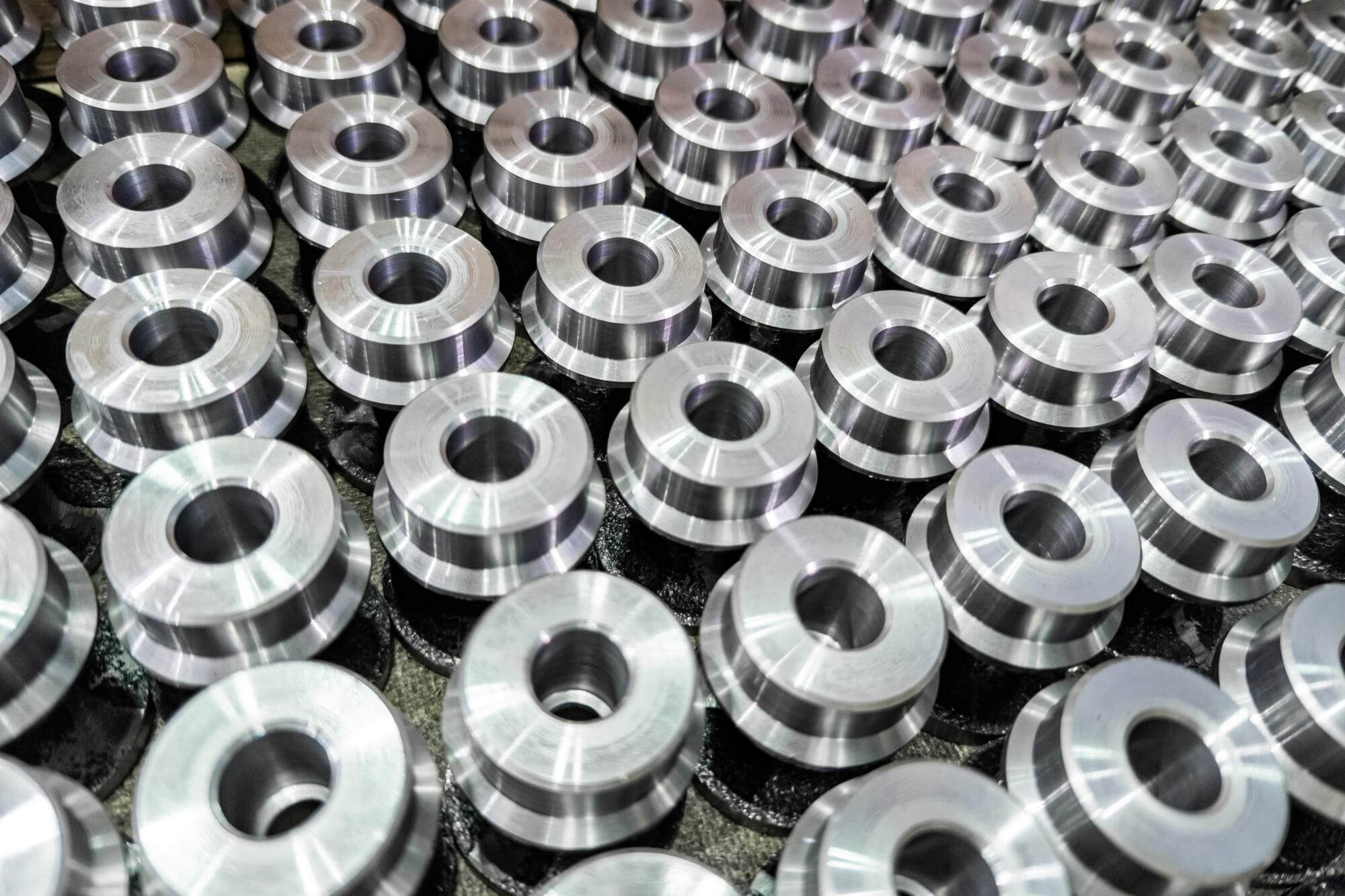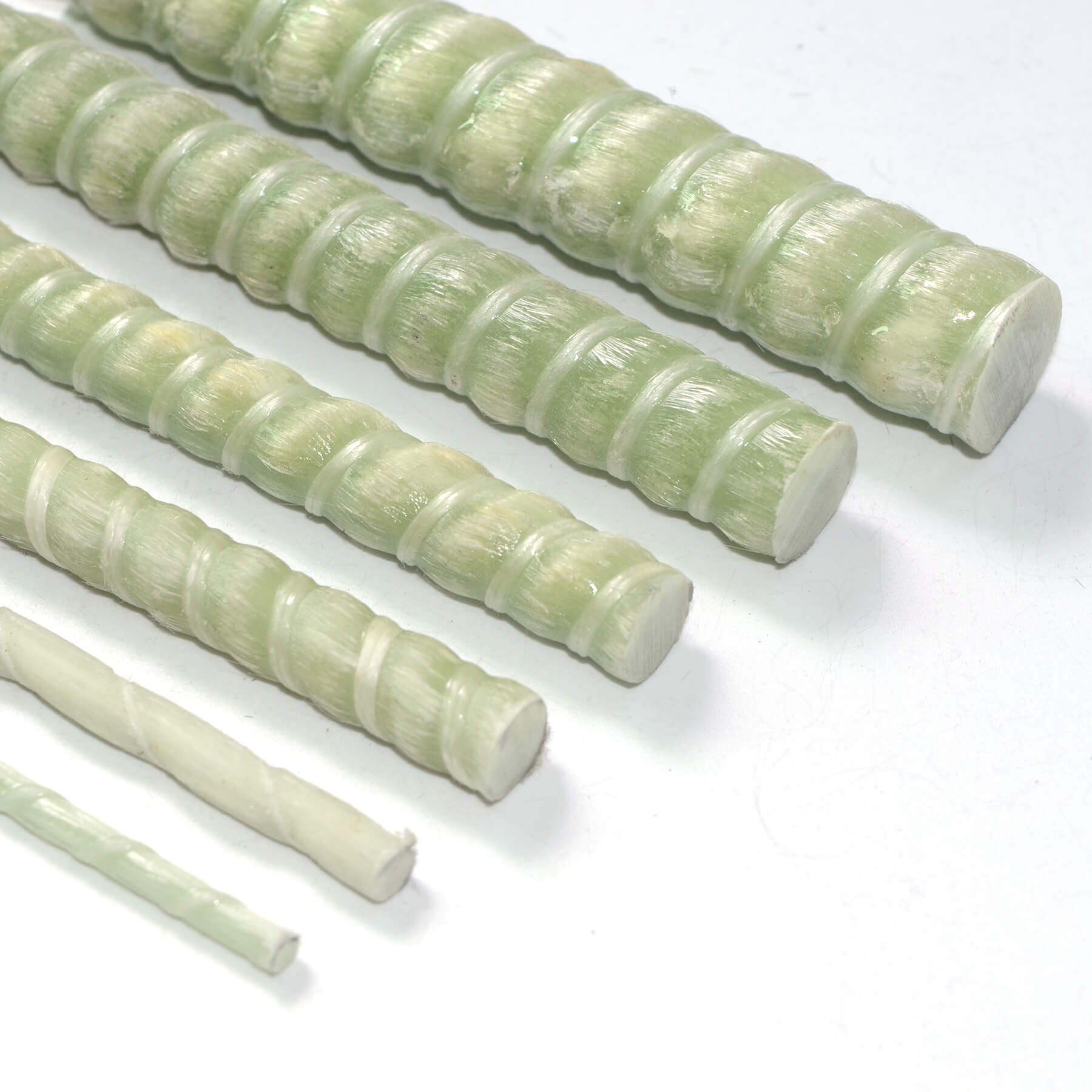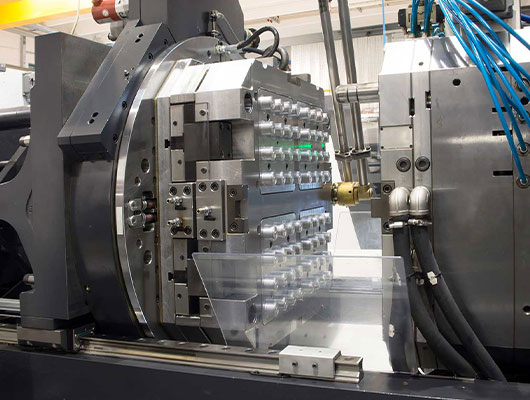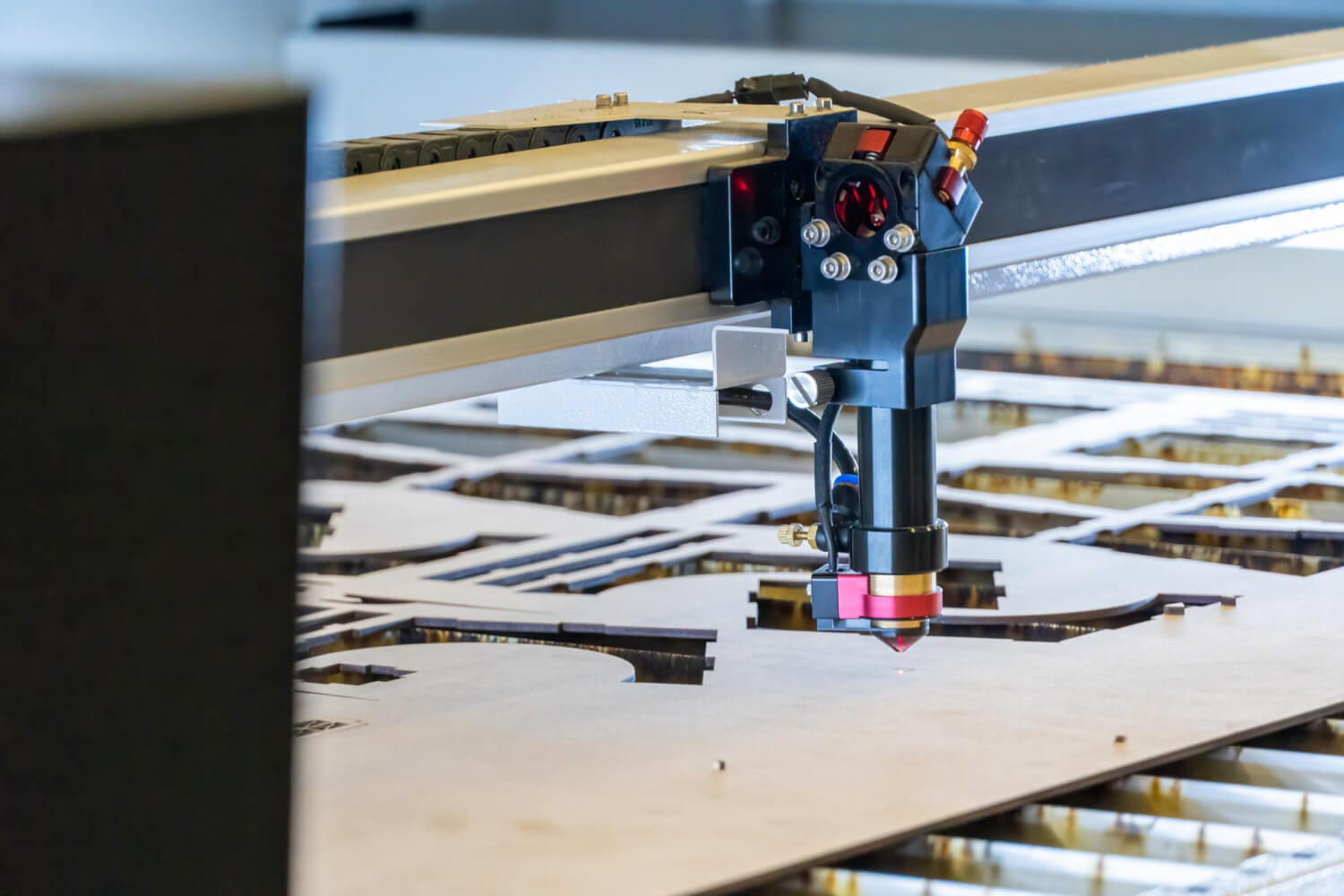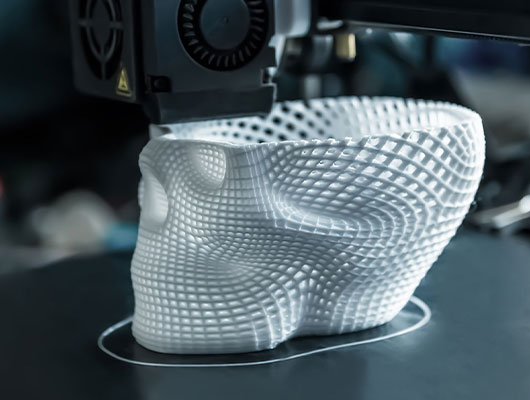Titanium alloys are a group of high-performance metals composed primarily of titanium, often alloyed with elements such as aluminum, vanadium, molybdenum, and iron. Titanium alloys are celebrated for their high strength-to-weight ratio, corrosion resistance, and biocompatibility, making them ideal for use in aerospace, medical, automotive, and industrial applications. Titanium is roughly 60% denser than aluminum but has twice the strength, which gives it a unique advantage in applications where both strength and low weight are critical factors.
The inherent corrosion resistance of titanium alloys is due to a stable, protective oxide layer that forms on the surface, making these alloys resistant to many chemicals, including chlorides, acids, and seawater. This corrosion resistance is especially beneficial in industries such as marine, medical, and chemical processing. Additionally, titanium alloys maintain their strength at high temperatures, allowing them to perform well in environments where other metals, like aluminum or stainless steel, might weaken.
In the context of CNC machining, titanium alloys present specific challenges due to their hardness and tendency to work-harden, which can accelerate tool wear. Titanium is also a poor conductor of heat, causing it to retain heat near the cutting area, which can lead to thermal damage to both the material and cutting tool if not managed correctly. As a result, machining titanium alloys requires careful planning, specific tool materials, and optimized machining parameters to achieve accurate and efficient results.


